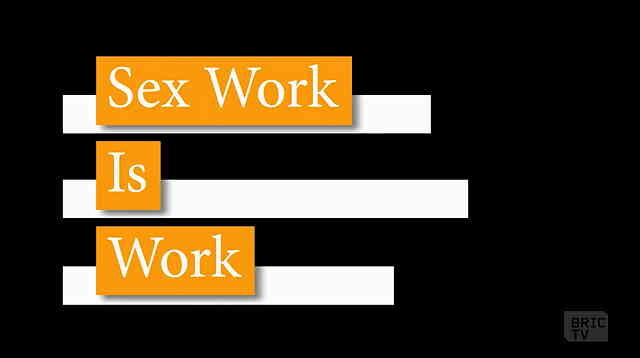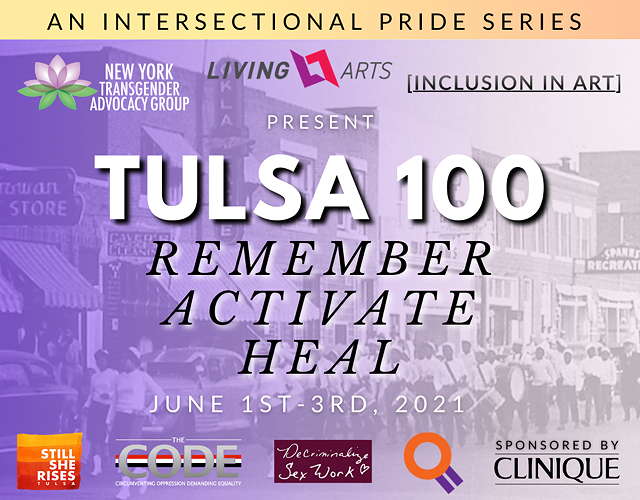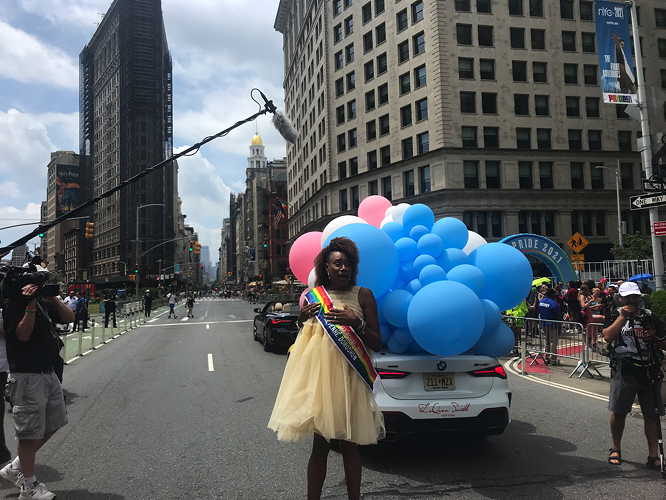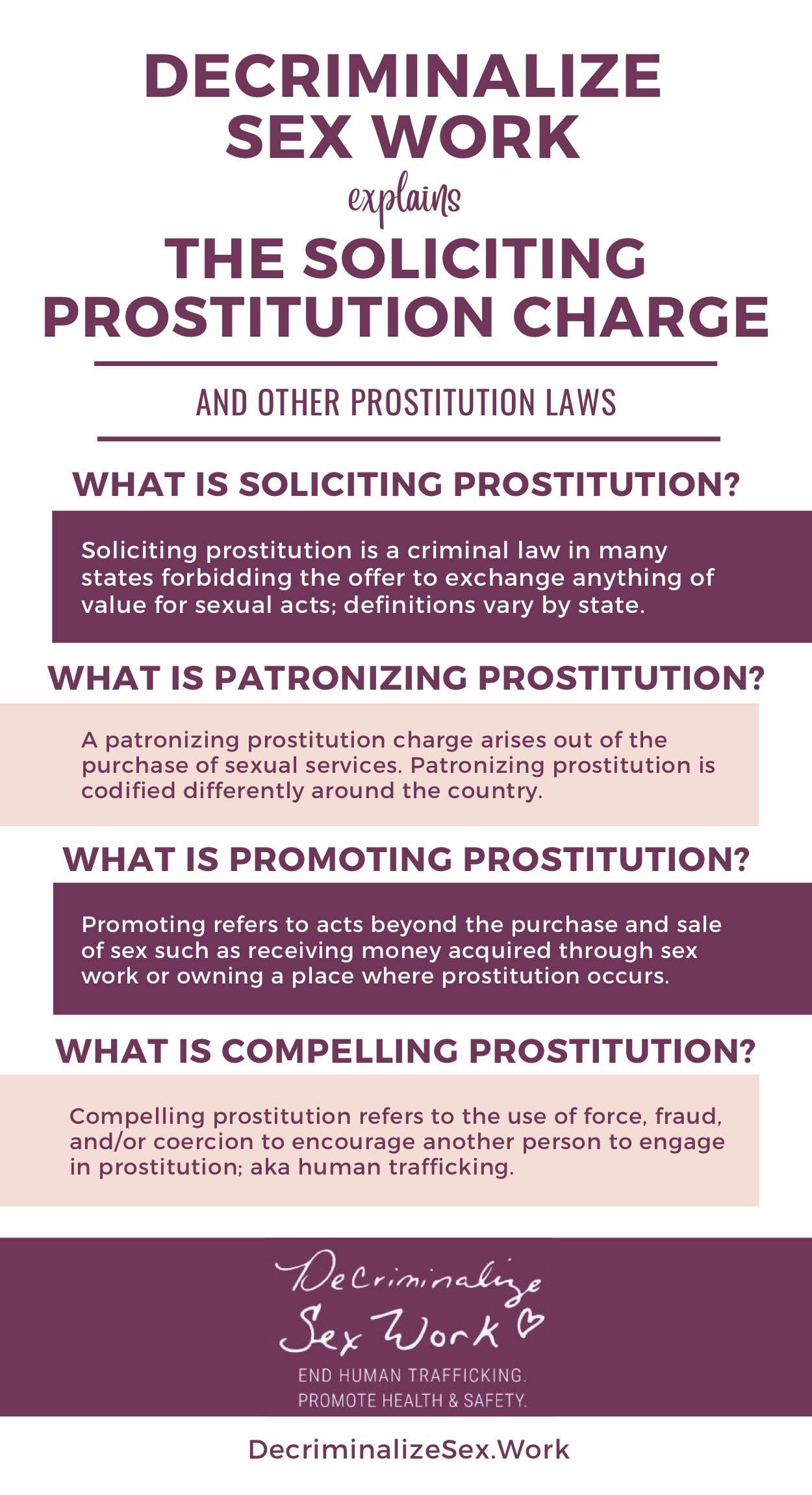June 13, 2021
Elisa Crespo is fighting for a world where all people feel “included, safe, seen, and heard.” Right now, she is focusing on the rights and dignity of Black and Brown transgender women, but her quest for tolerance and inclusivity seems boundless. Crespo took a big step this year — running for the NYC Council. Had she been elected, she would have been the first transgender woman of color to occupy a seat on the council. Though Crespo is open about her identity, she is explicit that her desire to run for political office was not about identity but policy. She remains hopeful that individuals who have not previously seen their identities represented in the spaces she occupied during her campaign will know that they matter.
Crespo is frustrated that in New York City, seemingly one of the most progressive cities in the world, Black and Brown transgender women are not represented in the social and political spaces where the decisions that significantly impact their lives are made. While many of the issues LGBTQIA individuals face are not unique to them, the solutions to these issues have to be intentional, strategic, and specific to LGBTQIA communities to have the necessary impact. Legislation on critical issues such as housing, employment, and education still regularly obscures those who are already marginalized and fighting for access. “Those who have struggled the most often have the best solutions,” says Crespo.
Crespo will assume a new role as executive director of The New Pride Agenda, an organization whose “purpose is civic engagement and public policy advocacy on behalf of New York’s diverse LGBTQIA community.” She has laid out an ambitious agenda for the organization and the state. Crespo admits that pursuing electoral politics took some of her time and energy away from working with policymakers to make the change she is so desperate to see and is ready to hit the ground running in her new role.
Combining her lived experience, education, organizing experience, and fierce determination, she is “excited to build coalitions” and to “hold elected officials accountable.” Crespo ultimately wants to see communities thrive but recognizes how much groundwork there is to be done to create better material conditions for people, first and foremost.
Two years ago, the Gender Expression Non-Discrimination Act (GENDA) became law in New York. It added gender identity and gender expression as protected classes under the state's human rights and hate crime laws and banned discrimination in employment, housing, and public accommodations based on gender identity and gender expression. The fact that it was legal in New York to discriminate against an individual because of their gender identity or expression up until 2019 is one of the myriad reasons that transgender individuals, especially women of color, remain so vulnerable. Crespo became a sex worker at a young age and experienced the “horror of the criminal justice system as a trans woman of color.” She credits the LGBTQIA community with helping her access feelings she had denied herself for so long in order to survive and for encouraging her to look towards her future — a challenging thought for trans women of color who are murdered at alarming rates.
Crespo is determined to fix this. Her priorities at New Pride Agenda include specific reforms that will bring immediate relief to those in need and long-term investments in future generations. She plans to seek protections for incarcerated individuals and to continue fighting to decriminalize sex work. She mentions scholarships and apprenticeship programs as examples of plans to help individuals move from simply surviving towards thriving. Crespo wants schools to adopt comprehensive, inclusive, age-appropriate sexual education curriculums that will reduce stigma at an early age and allow LGBTQIA children to feel safe and accepted, along with reducing sexual violence. DSW staffers J. Leigh Oshiro-Brantly, Frances Steele, Crystal DeBoise, and Melissa Broudo have an article coming out in the Charleston law review this year detailing how essential inclusive sex education is to the fight against human trafficking.
We must “teach children at a young age that no matter who people go to bed with or who they go to bed AS … everyone deserves to be treated with dignity,” says Crespo. She laments that queer youth still feel alone and experience suicidal thoughts at much higher rates than non-queer youth but knows that this opportunity to educate people can help change that. Crespo encourages allies to speak out and take the initiative and for those feeling unseen and unheard to ask for help. “A closed mouth doesn’t get fed,” she says. Crespo has blazed a trail for many people who never thought they could aspire to a public life and have felt powerless to change the trajectory of their own lives away from the margins.

Courtesy of Elisa Crespo.
DSW Newsletter #27 (June 2021)
Hero of the Month: Elisa Crespo

DSW Staff Featured in Documentary on Decriminalization

Tulsa Race Massacre Centennial Is Marked With Intersectional Pride Series

DSW’s Ceyenne Doroshow Is Grand Marshal of NYC Pride

The Charge of Soliciting Prostitution

 Hero of the Month: Elisa Crespo
Hero of the Month: Elisa Crespo
 DSW Staff Featured in Documentary on...
DSW Staff Featured in Documentary on...
 Tulsa Race Massacre Centennial Is Marked...
Tulsa Race Massacre Centennial Is Marked...
 DSW’s Ceyenne Doroshow Is Grand Marshal...
DSW’s Ceyenne Doroshow Is Grand Marshal...
 The Charge of Soliciting Prostitution
The Charge of Soliciting Prostitution
